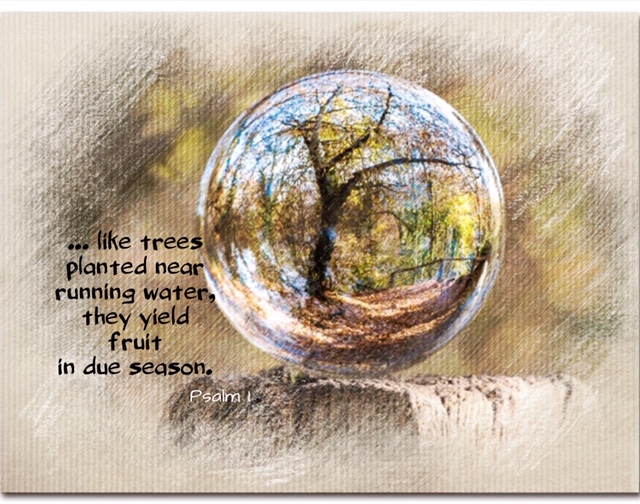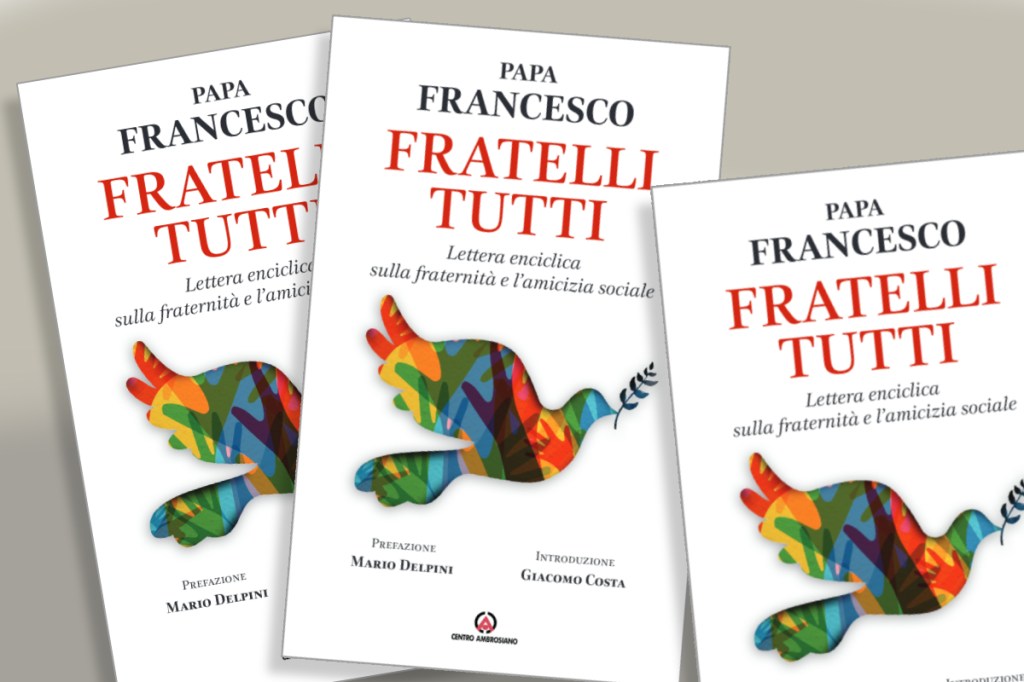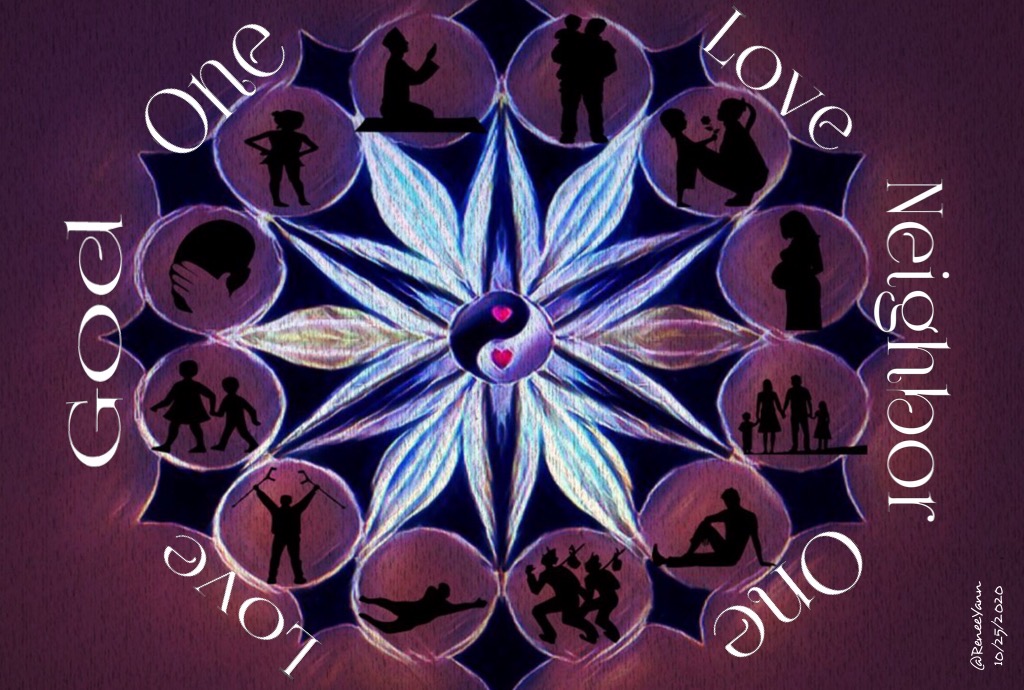Solemnity of All Saints
Today, in Mercy, we celebrate all those canonized and uncanonized sisters and brothers who lived their lives in Christ with gusto and fidelity.

The feast of All Saints, on its current date, is traced to the foundation by Pope Gregory III by (731–741) of an oratory in St. Peter’s for the relics “of the holy apostles and of all saints, martyrs and confessors, of all the just made perfect who are at rest throughout the world”. (Wikipedia)
I’ve personally known many of these saints, whether I fully recognized their sanctity or not. I know you have too!
They have lived in my family, school, neighborhood, parish, ministries, and workplaces. Some were clothed as nuns and some as beggars. Some taught me by words and some by silence. I knew some by name, others by grace. Now they have all joined the eternal family watching over us and cheering for us.
There they have formed communion with my more recognized and favorite holy friends like Mary, Joseph, Teresa of Avila, Catherine of Siena, Kateri Tekawitha, Anna the Prophet, John XXIII, John Lewis, Ruth Bader Ginsberg, and of course Catherine McAuley.
What a wonderful day to know that these beloveds of God are our sisters and brothers, who pray with and for us that we may one day rejoice with them in eternal light.
Who are the saints that speak especially to your heart? Take time to have a grateful conversation with them on this glorious feastday! And I would so love to see them noted in the comments so that we all may rejoice in their lives!
In the comments, you are invited to list five or six of your personal saints who blessed your life with grace. Please share if you can. I am sure this community would love to pray in thanksgiving with you for those who have so blessed your life. Here are just a few of mine:
- Eleanor Mellon Yann
- Jim Yann
- Sister Mary Giovanni Wynne
- Mother Mary Bernard Graham
- Eunice Hunt
- Clare Costello
- Sister Mary Joan Thompson
- Joe, on the heat grate at 17th and Arch
- Every single, sweet soul at McAuley Convent who has blessed me by their faith and goodness
Music: All Saints Day – featuring “Lifesong” by Casting Crowns (lyrics below)
Empty hands held high
Such small sacrifice
Now joined with my life
I sing in vain tonight
May the words I say
And the things I do
Make my lifesong sing
Bring a smile to you
Let my lifesong sing to you
Let my lifesong sing to you
I want to sign your name
To the end of this day
Lord let my heart wash true
Let my lifesong sing to you
Lord I give my life
A living sacrifice
To reach a world in need
To be your hands and feet
So may the words I say
And the things I do
Make my lifesong sing
Bring a smile to you
Let my lifesong sing to you
Let my lifesong sing to you
I want to sign your name
To the end of this day
Knowing that my heart was true
Let my lifesong sing to you
Hallelujah, Hallelujah let my lifesong sing to you
Hallelujah, Hallelujah let my lifesong sing to you
Hallelujah,…
Let my lifesong sing to you
Let my lifesong sing to you
I want to sign your name
To the end of this day
Knowing that my heart was true
Let my lifesong sing to you
Let my lifesong sing to you
Let my lifesong sing to you
I want to sign your name
To the end of this day
Lord led my heart was true
Let my lifesong sing to you

















